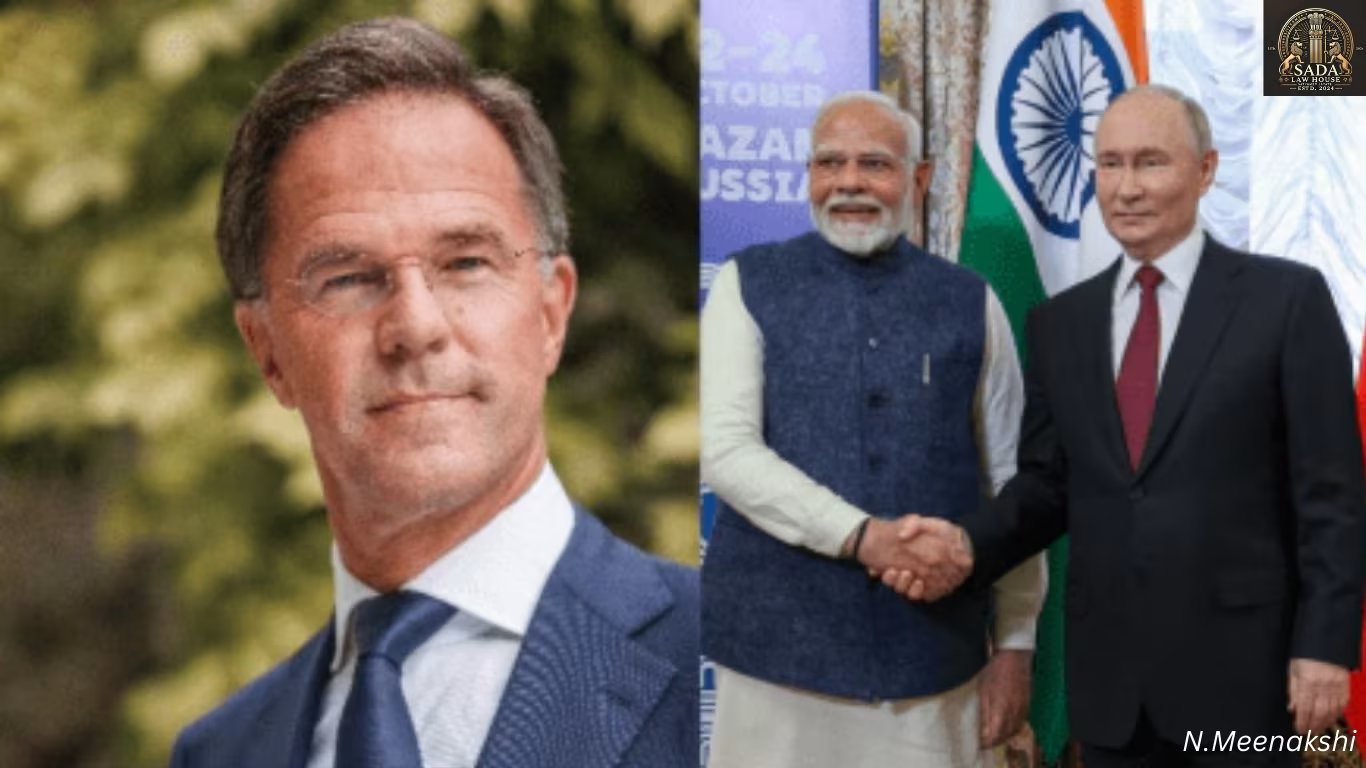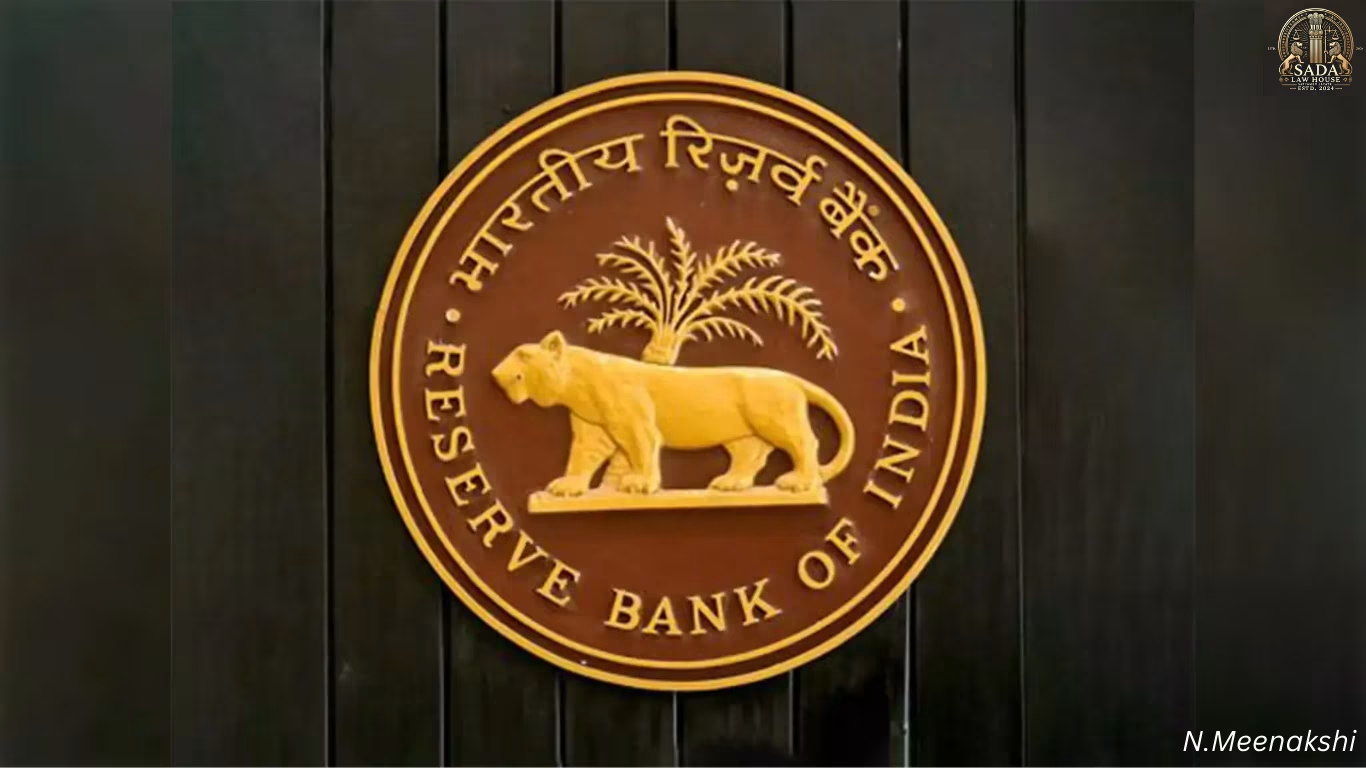US Court Convicts 6 NRIs in $15 Million Hawala Scam Tied to Dark Web and Money Laundering
- KASHISH JAHAN
- 17 June 2025

A US federal court convicts six Gujarati-origin NRIs in a $15 million hawala racket linked to dark web activities. Explore how this case impacts global money laundering networks and US-India cooperation.
Major Conviction Exposes Underground Money Laundering Network
In a significant move against cross-border financial crime, a US federal court has convicted six Gujarati-origin NRIs involved in a $15 million hawala scheme. The accused, led by Hirenkumar Patel, were found guilty of laundering money through informal financial channels and processing proceeds from dark web transactions.
This case has brought renewed attention to shadow financial systems that evade formal regulations and support illegal activities worldwide.
How the Hawala Racket Operated
Investigators revealed that the group used shell companies and forged documents to move millions between the United States and India. These funds were allegedly tied to illegal operations on the dark web, including financial fraud and contraband sales.
This method allowed the laundering of illicit money without detection by traditional banking systems, raising serious concerns about global money laundering mechanisms.
Impact on Indian Legal and Diplomatic Fronts
The convictions have drawn the attention of Indian law enforcement and diplomatic agencies. The involvement of the Indian diaspora has prompted discussions about closer regulatory oversight on foreign transactions and enhanced India–US cooperation in financial crime enforcement.
This case also raises concerns about the effectiveness of India’s anti-money laundering frameworks in addressing international financial misconduct.
Global Crackdown on Informal Financial Systems
This verdict is part of a growing international effort to dismantle underground money networks like hawala. Once built on secrecy and trust, these informal channels are now under intense scrutiny, especially in the digital era where records are traceable and cross-border enforcement is more coordinated than ever.
Such systems are often exploited for cybercrime, terrorism financing, and tax evasion—making them a major target for global regulators.
Conclusion: A Turning Point in Global Financial Integrity
The conviction of these NRIs represents a decisive step in the global fight against shadow banking and illicit fund transfers. As India and the United States intensify collaboration, such legal actions are likely to reshape the future of informal financial systems and reinforce trust in formal banking channels.
This case is not just about a $15 million crime—it symbolizes the larger battle to safeguard the integrity of the international financial system.
Live Cases






